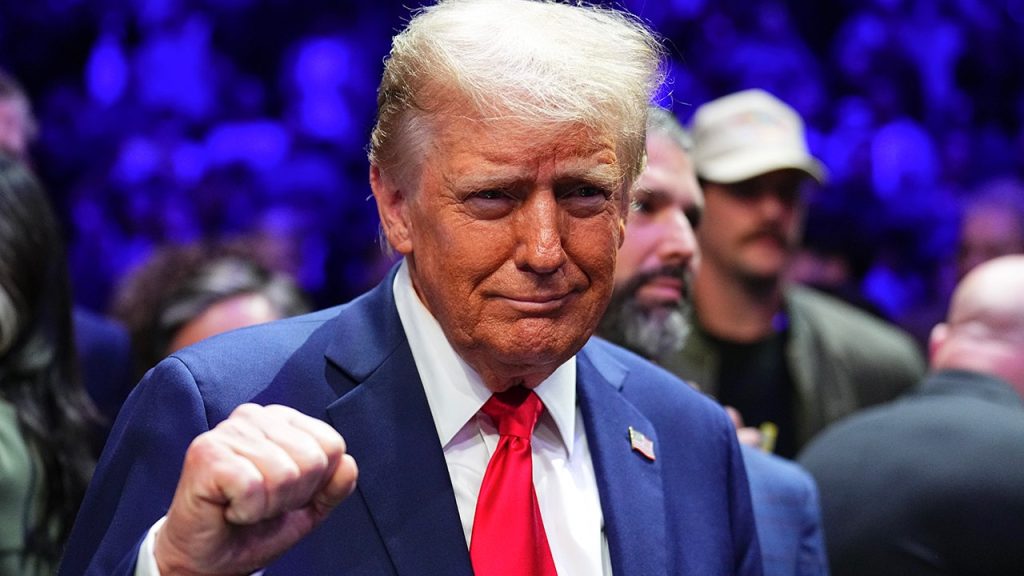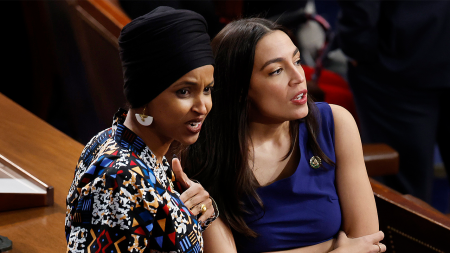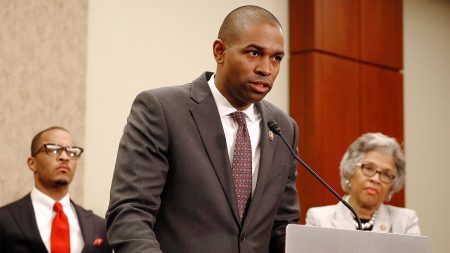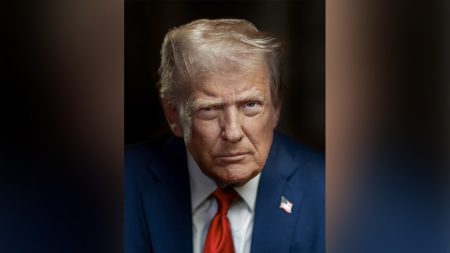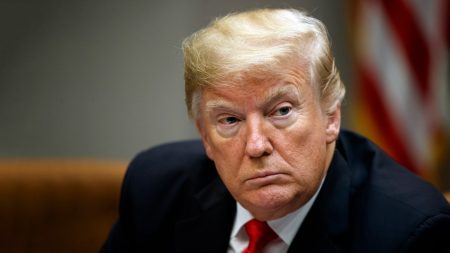The impending Trump administration is gearing up for a potential showdown with Congress over control of the federal purse strings. Representative Andrew Clyde (R-GA) is spearheading an effort to repeal the Impoundment Control Act of 1974, a law enacted in the wake of the Nixon administration that requires presidential requests for spending rescissions to be approved by Congress. Clyde’s bill, mirroring a Senate version introduced by Senator Mike Lee (R-UT), seeks to restore greater budgetary authority to the executive branch, arguing that the current system has contributed to spiraling government spending. This initiative has garnered support from over a dozen House Republicans and aligns with the views of prominent Trump allies, including Vivek Ramaswamy and Elon Musk, who have advocated for increased presidential power to curb government waste.
The central argument for repealing the Impoundment Control Act revolves around the belief that it hinders efficient governance. Proponents argue that the president, as the head of the executive branch, should have greater flexibility to manage allocated funds and eliminate wasteful spending. They contend that requiring congressional approval for every rescission creates unnecessary bureaucracy and delays, ultimately contributing to increased expenditures. This perspective is shared by Ramaswamy and Musk, who, during their recent visit to Capitol Hill to discuss government efficiency, expressed support for granting Trump greater budgetary control. They believe that streamlining the rescission process would empower the president to make more effective decisions about resource allocation.
The Impoundment Control Act was passed in response to President Nixon’s attempts to impound funds appropriated by Congress. It established a procedure where the president must submit a rescission request to Congress, which then has 45 days to either approve or reject the request. If Congress fails to act within the stipulated timeframe, the funds are automatically released. This mechanism was designed to prevent a president from unilaterally withholding funds allocated by the legislative branch, ensuring a balance of power between the executive and legislative branches in budgetary matters. Clyde and other supporters of the repeal argue that this process has become overly cumbersome and impedes effective fiscal management.
However, the proposed repeal faces significant opposition, particularly from Democrats who view it as a dangerous power grab. Representative Brendan Boyle (D-PA), the ranking member of the House Budget Committee, has vehemently criticized the idea, arguing that it would undermine Congress’s constitutional authority over appropriations. He warns that allowing the president to unilaterally slash funding would jeopardize crucial programs and services, potentially harming families and communities. This stance reflects a broader concern among Democrats about concentrating excessive power in the executive branch, particularly given the potential for partisan manipulation of budgetary decisions.
While the current political landscape, with a Democrat-controlled Senate and limited time remaining in the congressional term, makes the bill’s immediate passage unlikely, Clyde remains determined to pursue this issue in the next Congress. He views the introduction of the bill as a symbolic gesture, signaling the Republican Party’s intent to prioritize fiscal responsibility and empower the executive branch in budgetary matters. This sets the stage for a potential battle over the balance of power between the executive and legislative branches in determining government spending priorities.
The debate over repealing the Impoundment Control Act highlights a fundamental disagreement about the appropriate level of presidential authority in budgetary matters. Supporters of the repeal argue for greater executive flexibility and efficiency, while opponents emphasize the importance of congressional oversight and the potential for abuse of power. This ideological clash will likely shape the budgetary landscape in the coming years, particularly if Republicans gain control of both chambers of Congress and the White House. The outcome of this debate will have significant implications for the allocation of federal resources and the balance of power between the executive and legislative branches.




